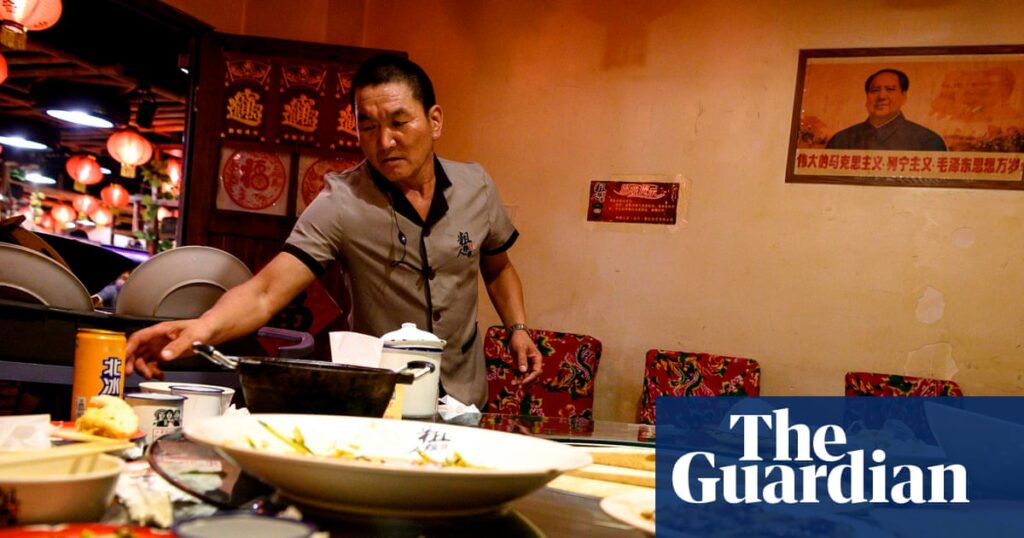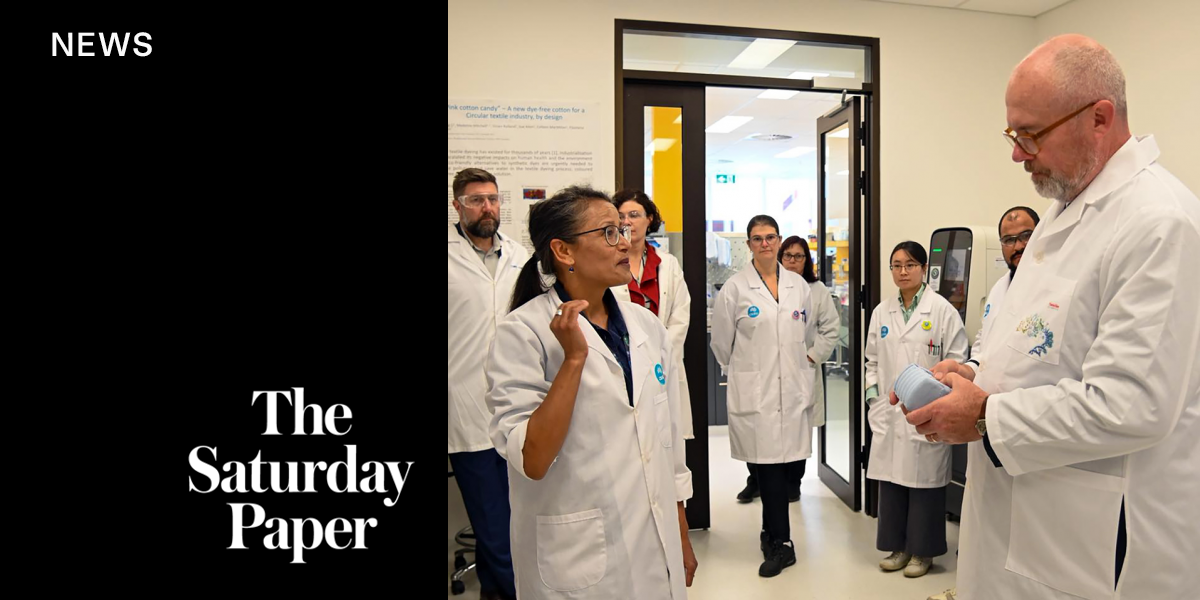
Adjacent to a municipal government building in Beijing, a once-bustling restaurant now sits eerily quiet during lunchtime, with most of its seats empty. This scene is a direct consequence of China’s recent crackdown on civil servants frequenting restaurants, part of a government austerity drive aimed at curbing corruption. The impact on business is palpable, with liquor sales plummeting, as admitted by a waitress at the opulent establishment.
In May, China introduced updated regulations targeting Communist Party members and civil servants, banning them from lavish banquets and other visible signs of extravagance. With over 40 million people employed in the public sector, analysts predict these new rules could hinder economic growth. “The policy is undermining the impact of other policies aimed at boosting domestic spending,” said Guo Shan, an economist at Hutong Research, an independent advisory firm based in Beijing and Shanghai. Guo forecasts that the drive could slow China’s retail sales growth by about one percentage point in the latter half of the year.
Historical Context and Renewed Regulations
The original guidelines were introduced in November 2013, a year after Xi Jinping assumed leadership, with anti-corruption as one of his signature policies. The renewed regulations now outline more specific guidelines on official travel—both domestic and international—as well as protocols for hosting receptions and rules governing the use of official vehicles.
In June, local governments began implementing the new guidance. Reports from Shandong province indicate that some civil servants have been ordered not to dine out in groups larger than three. Meanwhile, cadres in Anhui province have been advised to be cautious of social gatherings and to refrain from treating superiors or subordinates to meals.
Economic Implications and Industry Impact
The renewed push suggests that previous anti-corruption drives were not entirely effective, and the latest effort could cast a shadow over the Chinese economy, analysts warn. “The latest anti-corruption drive will definitely harm the economy,” stated Alfred Wu, a public policy expert at the National University of Singapore.
There are already reports of penalties for civil servants who overindulge. In June, two bank employees in Anhui province had their 3,000 yuan (£310) bonuses docked for attending a lunch paid for by a client. The meal in question was a bowl of noodles, typically costing around six yuan in the local town.
Baijiu, China’s national liquor with an alcohol content comparable to vodka, has long been a staple at official banquets. However, the spirit is under renewed scrutiny following the recent deaths of three local officials from alcohol poisoning. Among the hardest-hit in the liquor industry is Kweichow Moutai, one of China’s most iconic and valuable brands. Known for its distinctive soy sauce-aroma style of baijiu, the brand has seen its share price drop nearly 9% since the revised regulations were introduced in May, wiping out more than 170 billion yuan in market value by the end of July.
Broader Implications and Future Outlook
The intensifying restrictions reflect a broader campaign to regulate the daily lives of civil servants. As the government grows increasingly concerned about national security, controls that previously only applied to senior bureaucrats are now extending to lower ranks. An online notice on Chinese social media platform Weibo, reportedly from Guangdong Province, outlines new requirements for teachers’ overseas travel, even for personal holidays. It specifies that “foreign visits are exclusively for family-related purposes; personal leisure travel is not permitted.”
In other regions, public sector workers must surrender their passports. “I really don’t understand why our county won’t allow ordinary teachers to travel abroad. My parents were already at the immigration office, but they weren’t allowed to apply for passports,” wrote one Weibo user, whose parents are teachers.
Guo, the Hutong Research economist, suggests that Beijing is likely willing to endure the economic pain caused by the austerity policy. “Since this is a political drive, economic concerns are secondary. And there are still many other tools to boost the economy should Beijing decide to do so,” Guo said.
The announcement comes as China continues to navigate the complexities of balancing political objectives with economic realities. As the country moves forward, the long-term effects of these austerity measures on both the economy and the public sector remain to be seen.







